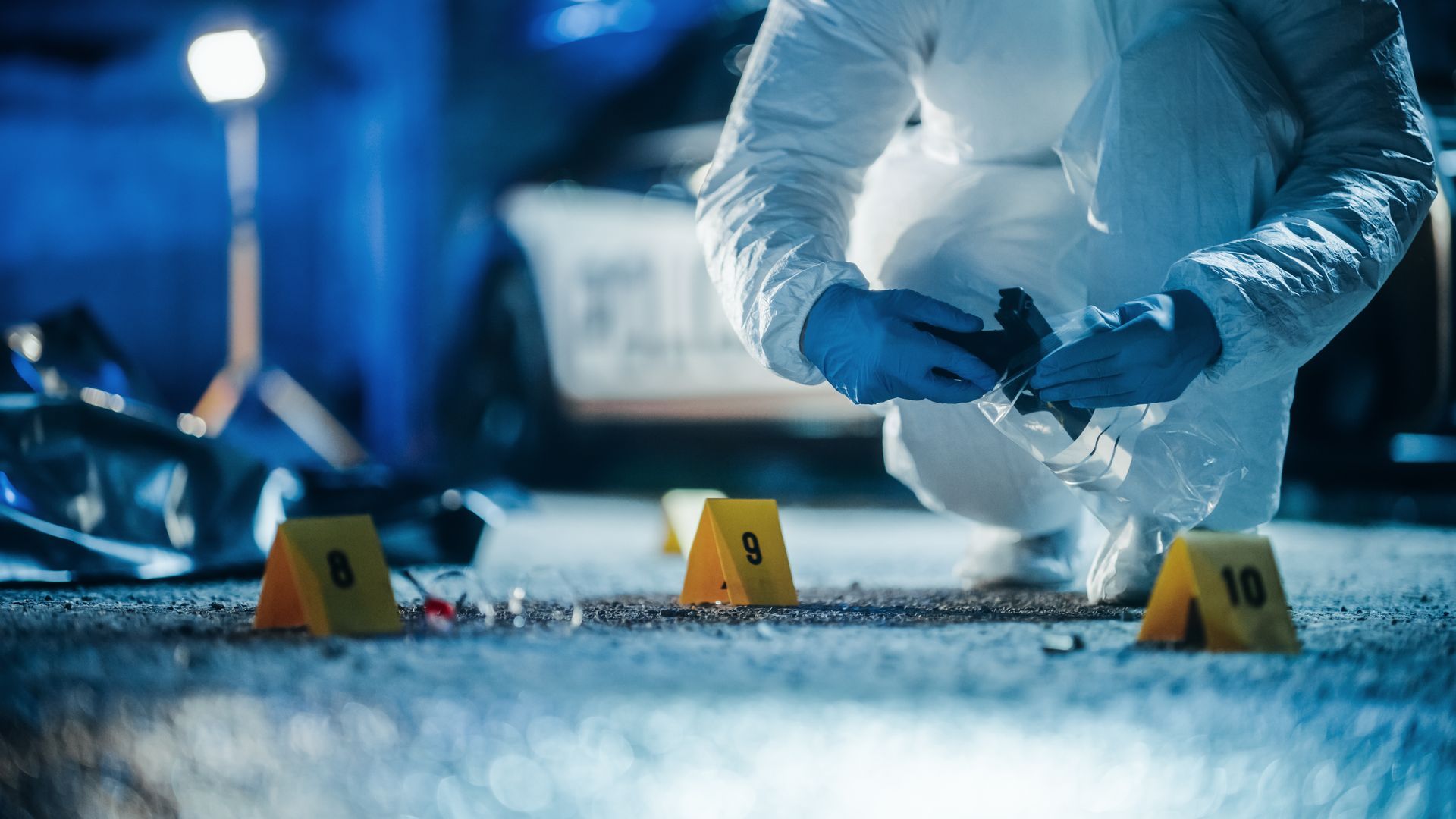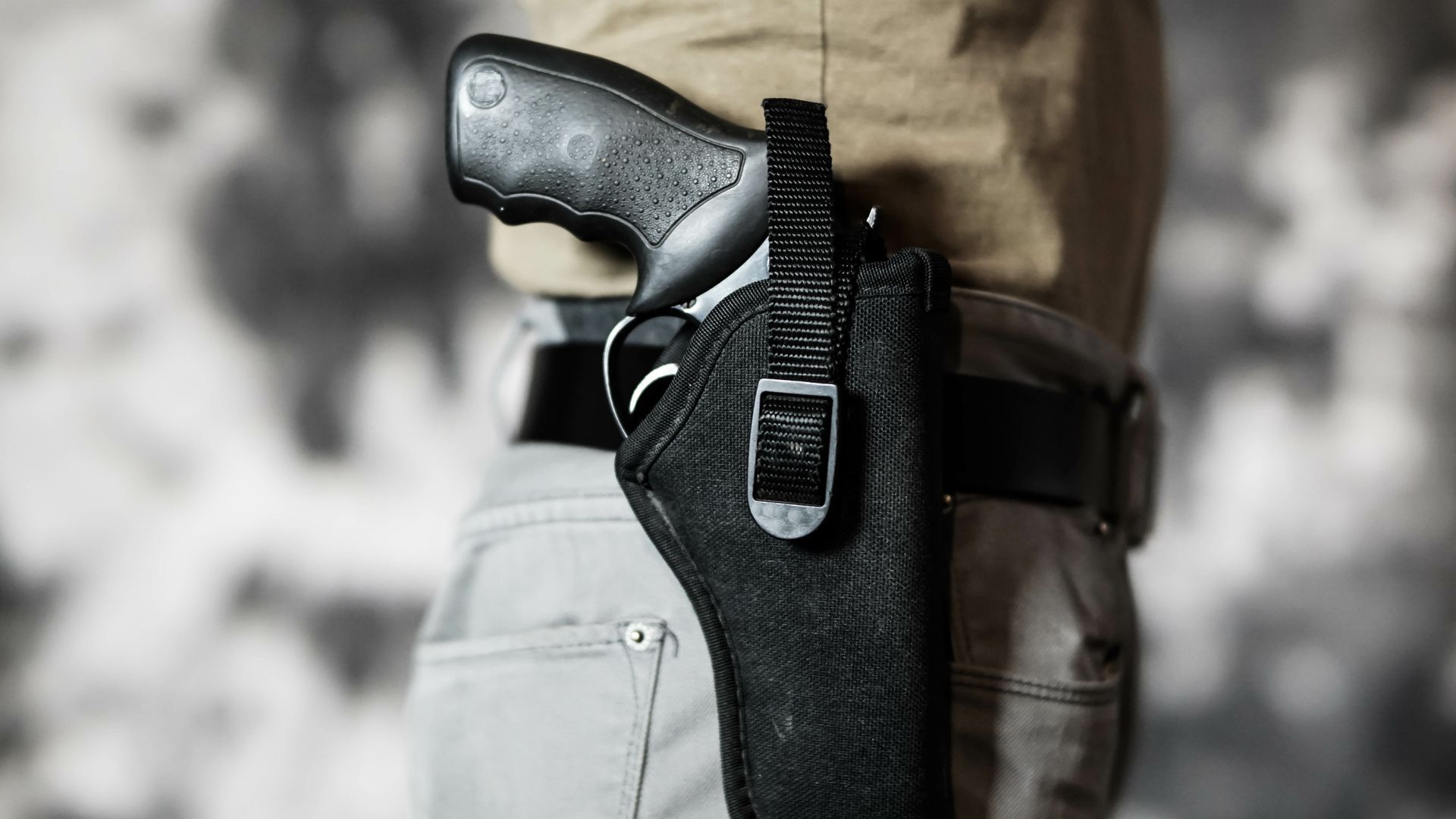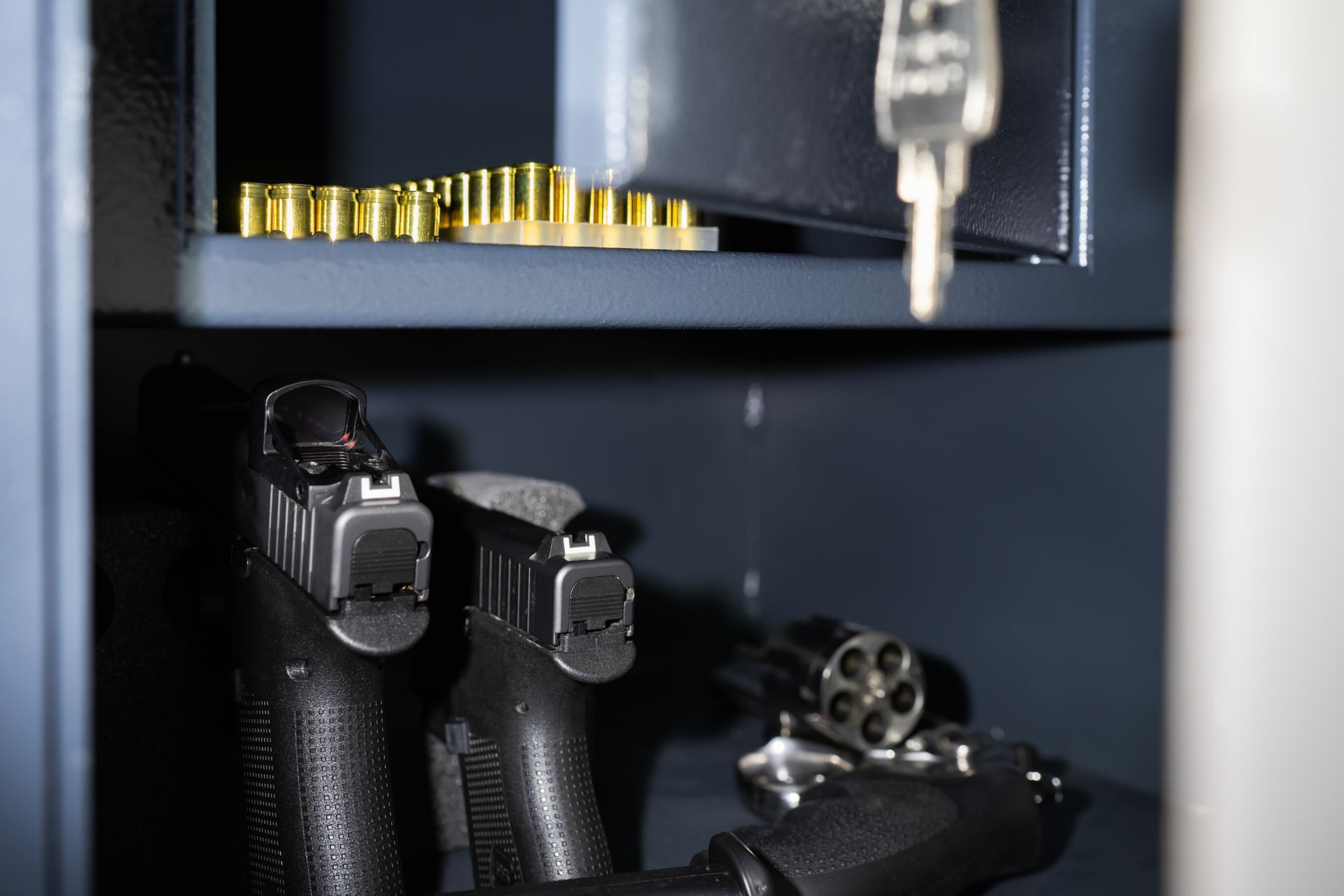Common Forensic Analysis Mistakes in Criminal Investigations

As with all types of lab work, mistakes at any point in the forensic investigatory process can lead to inaccurate outcomes and conclusions. There are many potential scenarios in which problems can arise in forensic investigations. These problems can range from user errors or environmental factors to improper methods and faulty equipment.
The silver lining for people accused of crimes is mistakes made by law enforcement can potentially be defense opportunities. A skilled criminal defense attorney who understands the forensic analysis process should be adept at spotting mistakes and filing motions to have the faulty evidence excluded.
Forensic mistakes that are discovered and brought to light can call into question the prosecution’s narrative. Doing so may strengthen a defendant’s negotiating position for plea deals or establish grounds for future appeals.
Types of Forensic Investigation and Analysis Mistakes
Evidence Contamination
Improperly secured crime scenes, or someone other than law enforcement entering the crime scene before police can seal the area, can result in contamination of evidence. In addition to environmental contamination of evidence at a crime scene, law enforcement personnel or lab technicians can also contaminate collected evidence by improperly packing or storing it.
Preservation Failures
Biological samples require proper storage techniques, including strict temperature control, to prevent degradation. DNA samples or physical biological evidence that wasn’t collected or stored properly typically won’t be admissible in court.
Chain of Custody Mistakes
Evidence chain of custody must be meticulously documented to maintain admissibility. One of the most reliable ways to challenge evidence is by introducing doubts about the integrity of evidence or establishing that there are gaps or inconsistencies in the chain of custody. Chain of custody mistakes can be powerful tools for a criminal defense attorney.
Cognitive Bias
Confirmation bias is a serious problem in law enforcement. Forensic analysts can be influenced by investigators and are inherently more trusting of their coworkers and partners than they are of defendants or criminal defense attorneys.
Information or narratives introduced by detectives or other law enforcement officers can cause forensic analysts to unconsciously steer results to fit the narrative established by investigators.
Overstating the Importance of Evidence
Law enforcement and prosecutors have a significant incentive to emphasize the reliability of forensic evidence.
It’s important to keep in mind that these professionals work for the people of Phoenix and Maricopa County. Their job is to get to the truth of what happened – not secure convictions at any cost.
The desire to close cases and get convictions may cloud the way forensic analysts and investigators see their role. Instead of seeking out the truth, they may get tunnel vision and focus solely on securing convictions.
Given this outlook, there is an incentive to overstate the certainty of evidence matching a suspect to a crime without adequate consideration for the limitations of forensic techniques or the error rate.
Misinterpreting Results
Although forensic analysis is based in science and objective fact, interpretation of evidence can be subjective in some circumstances. As with any type of subjective analysis, test results can be misinterpreted. Incorrect analysis of data can lead to incorrect conclusions.
Use of Outdated or Unvalidated Methods
Forensic science in law enforcement is constantly evolving. Methods that were used five, 10 or 20 years ago may be outdated or inaccurate by today’s standards. Utilizing outdated methods can lead to incorrect results or conclusions. The use of methods that are unsupported by today’s scientific standards can provide openings for a criminal defense attorney to challenge evidence.
Inadequate Training or Experience
Forensic analysis does require extensive education and training to perform properly. This is a field where experience really does matter, and analysts who are improperly trained, new to the job or are using methods they are unfamiliar with can make mistakes or mishandle evidence.
Broken or Improperly Calibrated Equipment
Lab equipment that’s used to analyze evidence, especially biological samples, must be properly cleaned, maintained and calibrated to deliver accurate results. The details matter in a lab environment, and any deviation from proper practices can potentially invalidate evidence or analysis.
Overreliance on the Science
Forensic evidence in and of itself can’t always provide unassailable truth. To the contrary, overreliance on forensic evidence can cause investigators and prosecutors to jump to incorrect conclusions. The absence of corroborating evidence can leave openings for criminal defense attorneys to challenge narratives.
Improper Reporting
Forensic analysis is supposed to be unbiased, clear and concise. Forensic reports that are vague, omit important facts or assert an unwarranted level of certainty can mislead investigators, prosecutors and the court.
Too Few Samples
The amount of material available for testing does influence the quality of analysis and the reliability of results. Sample sizes that are too small can be challenged, and the veracity of conclusions based on these samples can be legitimately questioned.
Aggressively Challenging the State’s Evidence Wherever Possible
Board-certified criminal defense attorney Michael Alarid III has extensive investigatory and trial experience. He has a deep understanding of law enforcement forensic analysis practices, including what they should and should not do, and the ways in which internal narratives and perverse incentives can lead to injustice.
He will aggressively advocate for your rights, including calling out investigatory tunnel vision, challenging confirmation bias and holding forensic analysts to the highest quality control standards.
If you want to learn how the evidence in your case can potentially be challenged, call the Law Office of Michael Alarid at (602) 818-3110.
Practice Areas
RECENT NEWS
PRACTICE AREAS
All Rights Reserved | The Law Office of Michael Alarid III
Built by REV77



